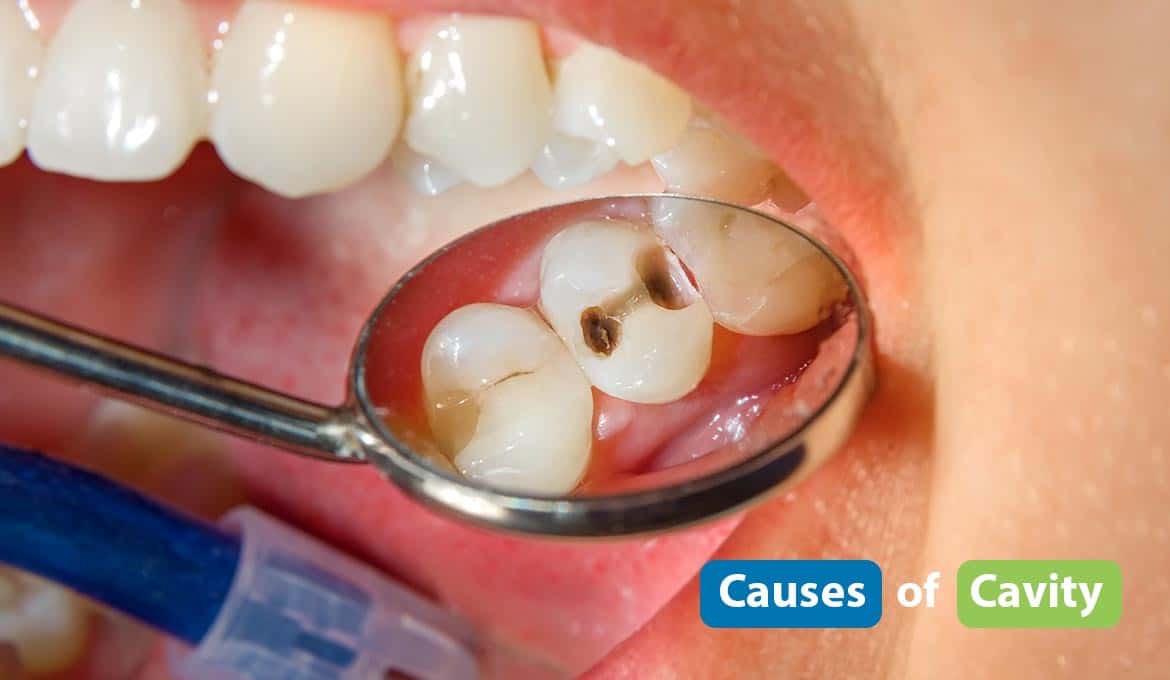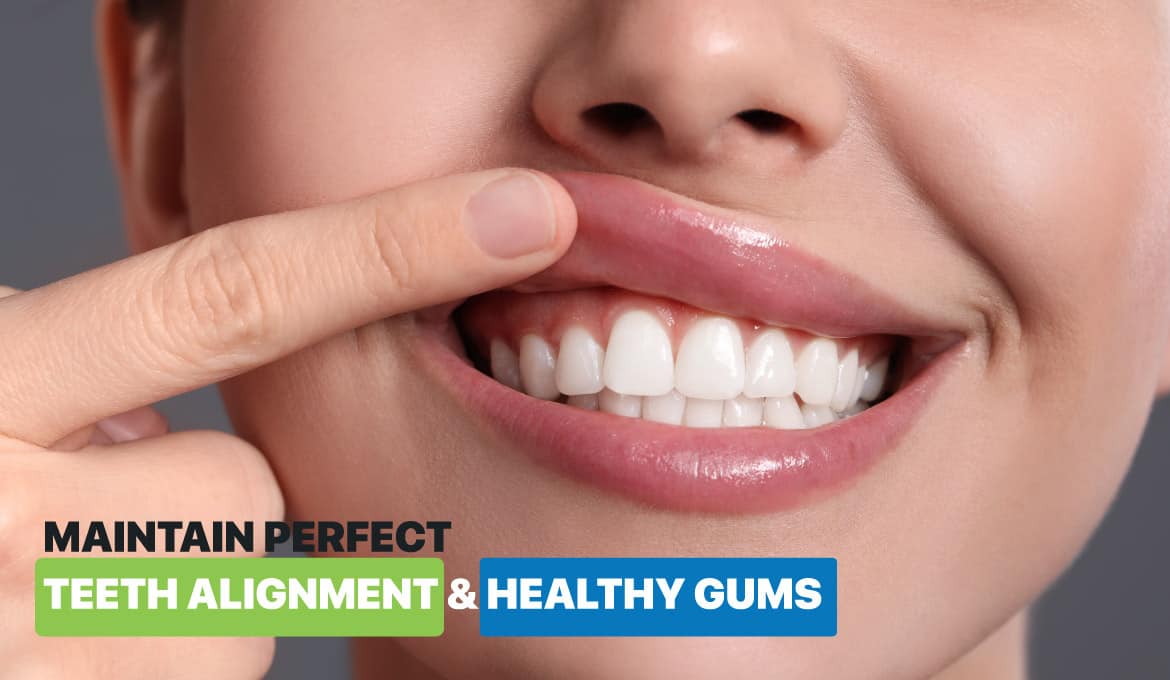
Aside from an aching heart, one of the most painful things a person can experience is a toothache. This is because dental nerves have no other function but to feel pain, and being close to the brain, they are able to relay the pain very efficiently.
The nagging, sharp pain in your mouth can be tough to ignore and carry on with your day. Learning to manage your toothache is essential to function in other daily activities optimally.
In this article, we discuss a few simple ways to tackle toothache almost instantly.
How To Kill Tooth Pain Nerve in 3 Seconds Permanently?
Finding an effective treatment for your toothache depends on the underlying cause behind it. The time taken to eradicate pain varies with the intensity of the toothache and the nature of the underlying cause.
Due to significant challenges in getting adequate care, patients with chronic and acute pain in the United States face a crisis.
While it might not always be possible to kill tooth pain in 3 seconds, these remedies are sure to help you eradicate pain:
1. Saltwater rinse
Rinsing your mouth with salt water is the first line of treatment for any toothache. It acts as an excellent cleanser that will first remove any food particles and impurities from your teeth and gums. It is also an effective disinfectant and helps reduce any inflammation in your gums.
For this, take a glass of warm water and add a teaspoon of salt to it. After mixing the salt thoroughly with the water, gargle and rinse thoroughly.
Repeating this a few times is sure to get rid of any inflammation in the gums, and any toothache due to such causes can be eliminated instantly.
2. Clove oil
Clove oil is an effective home remedy to treat several infections and ailments, including toothache. It has been used as an ingredient in formulations used in several traditional medicines around the world.
This is primarily because clove oil naturally contains an active ingredient known as eugenol, which acts as an anesthetic. This helps numb the area where the pain is felt and stops the neurons from transmitting pain back to the brain.
Clove oil can be directly applied to the affected gums using a cotton swab and can provide almost instantaneous relief from the pain. However, it must be noted that it provides pain relief without really addressing the underlying cause.
Therefore, while clove oil can provide quick pain relief, other treatments might be necessary to alleviate the underlying cause.
3. Peppermint tea
Peppermint tea is an herbal concoction that is regularly used in households as an alternative to traditional tea. It is readily available and offers several benefits to those who consume it. It also has the potential to provide relief from toothache.
Peppermint tea has strong antibacterial properties that can help you directly address the issue causing toothache. It directly fights any bacteria that are responsible for causing the toothache.
You can brew some peppermint tea, and once it becomes moderately warm, you can swish it around in your mouth. Another way to use it is by applying the used peppermint tea bags directly onto the region of the gums experiencing pain.
4. Garlic
Garlic is a seasoning vegetable that has been used both for its flavoring properties and as an ingredient in several traditional medicines around the world. It is almost universally available and utilized in almost every cuisine.
When garlic is crushed, sliced, or chopped for use, it naturally releases a compound known as allicin, which has strong antibacterial and antimicrobial properties. This can provide relief from toothache by effectively eliminating the bacteria responsible for the pain.
To use garlic for toothache, make sure that it is freshly cut to ensure that allicin is present in it. You can either chew freshly cut garlic in the region of the mouth experiencing pain or make a fine paste out of garlic and apply it to your gums while it is still fresh.
5. Hydrogen peroxide
Hydrogen peroxide is a chemical compound that is used in several medical, dental, and cosmetic products for its benefits as an antiseptic and bleaching agent. It is, in fact, even used to disinfect and clean surfaces to get rid of germs.
Hydrogen peroxide can be used to treat tooth pain by harnessing its antiseptic properties. In case of tooth pain caused due to inflammation or cuts in the gums, the antiseptic nature can help treat the underlying causes.
You can dilute a small amount of hydrogen peroxide in water to create antiseptic mouth floss. Flossing with this solution can help you treat any kind of inflammation in your gums. This can be especially useful in treating toothache caused by conditions like gingivitis.
6. Vanilla extract
Vanilla extract is a common flavoring agent that is a staple in many kitchens around the world. It is a simple kitchen ingredient that has antioxidant and anesthetic properties.
The alcohol present in vanilla extract acts as an anesthetic that helps numb the pain in the gums, and the natural presence of antioxidants helps in healing minor irritations and wounds.
Dabbing vanilla extract on the affected region using cotton swabs can help remove tooth pain by numbing the nerves in the region and healing any active wounds. However, do not leave it on for too long, as doing so could irritate your gums.
7. Cold/Warm compress
Cold and warm compresses are an excellent way to numb any area of the body. Dabbing with a compress helps freeze blood flow in a given area, helping numb the nerves in the region. This helps provide quick pain relief in the region.
Using a compress for pain relief can yield similar results for toothache as well. Using a warm or cold compress on the cheeks or gums can help arrest the blood flow, helping reduce the pain and speed up the healing process.
8. Anti-inflammatory medication
Anti-inflammatory medication is used to treat inflammation in various parts of the body. They come in many forms, including capsules, tablets, syrups, and topical ointments.
Several cases of toothache have inflammation in the gums as the underlying cause. When treated with anti-inflammatory medication, the underlying causes can be treated, helping relieve the pain.
To treat toothache, certain capsules can be taken orally as they are designed to reduce inflammation all through the body.
Topical ointments are generally not suitable for application in the mouth as they aren’t edible. However, if a topical ointment is designed for application in the mouth, it can be used to treat toothache by application to gums.
Since anti-inflammatory medications can have interactions with other medicines that you are taking, it is advisable to consult a healthcare provider before choosing to take one for toothache.
9. Swishing alcohol
Alcohol naturally acts as an anesthetic that is capable of numbing nerve cells in any region of application. It is commonly used in various medical procedures to disinfect and numb various regions of the body.
For treating toothache, you can make use of any alcohol produced for consumption. Choosing clearer alcohol like vodka, tequila, and gin makes the process easier. Take a small amount of the alcohol and swish it around in your mouth.
It helps kill any bacteria and microbes in the mouth and also helps numb down the cells to reduce pain almost instantly.
10. Apple cider vinegar
Apple cider vinegar is an excellent natural product that offers several benefits to our bodies. It has strong anti-inflammatory properties, apart from being acidic in nature.
Apple cider vinegar can be diluted in water for ideal floss that can effectively target inflammation as well as kill germs.
Conclusion
Having a nagging pain of any sort can make it difficult to perform our day-to-day activities. It stops us from functioning optimally with respect to our job and personal affairs. Having a toothache can be incredibly frustrating.
However, toothache is not a significant ailment and can generally be treated using simple home remedies. In severe cases, treatment might require a doctor’s supervision. In the United States, more than 63% of cases of dry mouth are observed as a side effect of tooth decay.
It is always advisable to consult a doctor’s opinion to identify the underlying cause before undertaking any new treatment.
FAQs
Q1: Can we kill the tooth pain nerve in 3 seconds?
Ans: It is not possible to kill any pain in 3 seconds without using powerful anesthetics that can cause other side effects. Aiming to do so using strong medication can prove counterproductive.
Mild anesthetics like clove oil can provide almost instant pain relief but do not cure the underlying cause, leaving the door open for the toothache to return.
Q2: How can you treat toothache with garlic?
Ans: Garlic produces natural compounds that have strong antibacterial properties. However, this compound is only present in freshly squeezed, peeled, or cut garlic. Therefore, either cut a piece of garlic and dab it onto your gums or make a garlic paste that you can apply to your gums.
Q3: Why is toothache more painful than other body pains?
Ans: The toothache generally tends to seem to pain more than other pains due to the close proximity of the gums to the brain. The pain receptors are easily able to relay information regarding the pain to the brain. Furthermore, the nerves present in gums are designed for the sole purpose of communicating pain to the brain.
Q4: How to prevent toothaches?
Ans: Toothaches are generally caused as a result of poor oral hygiene. Following good dental practices like brushing twice a day, flossing, drinking enough water, chewing food thoroughly, and tongue cleaning can help avoid toothaches.
Read Also:











